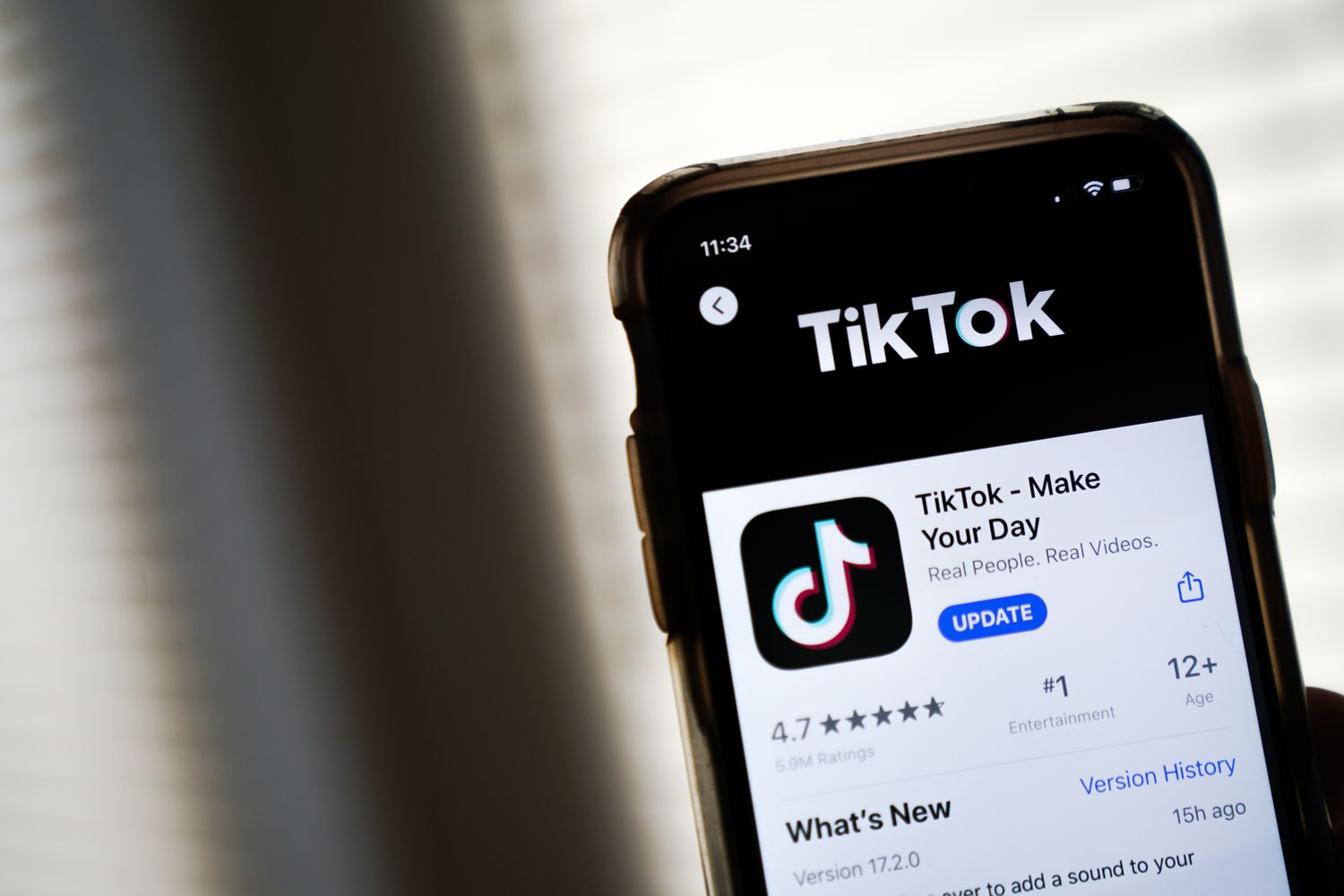Understanding the Technology Behind TikTok Downloaders
In the ever-evolving landscape of social media, TikTok has emerged as a juggernaut, captivating millions with its short-form videos and vibrant community. While the platform offers an abundance of engaging content, users often find themselves wanting to save their favorite videos for offline viewing or sharing with friends. This is where TikTok downloaders come into play, serving as tools that enable users to download videos from the platform onto their devices. However, the inner workings of these downloaders remain a mystery to many. In this article, we delve deep into the technology behind TikTok downloaders, unraveling the mechanisms that power these tools and exploring their implications.
At its core, a TikTok downloader is a software application or web service designed to extract videos from the TikTok platform and save them in a downloadable format. While the concept may seem straightforward, the technology driving these downloaders is multifaceted and involves several key components.
First and foremost, TikTok downloaders leverage APIs (Application Programming Interfaces) provided by TikTok to interact with the platform’s servers and retrieve video data. APIs act as intermediaries, allowing external applications to communicate with TikTok’s servers in a controlled manner. By utilizing these APIs, TikTok downloaders can request specific video content, including metadata such as title, description, and user information.
Once the desired video data is retrieved, TikTok downloaders employ various techniques to extract the video files themselves. This often involves parsing the response from TikTok’s servers to identify the URLs of the video files. These URLs typically point to video files hosted on TikTok’s content delivery network (CDN), where the actual video data is stored. TikTok downloaders then initiate HTTP requests to these URLs, fetching the video files and saving them locally on the user’s device.

One of the challenges faced by TikTok downloaders is bypassing security measures implemented by TikTok to prevent unauthorized access to its content. TikTok https://tikd.cc/en/ employs encryption and other security mechanisms to protect its video data and thwart attempts to download videos outside of the official app. As a result, TikTok downloaders often need to employ sophisticated techniques to circumvent these security measures and access the desired video content. This may involve reverse engineering the TikTok app, analyzing network traffic, or exploiting vulnerabilities in TikTok’s security infrastructure.
Furthermore, the legality of TikTok downloaders remains a subject of debate, with concerns raised regarding copyright infringement and violation of TikTok’s terms of service. While downloading videos for personal use may be permissible in some jurisdictions, redistributing or repurposing downloaded content without proper authorization can constitute copyright infringement. Additionally, TikTok’s terms of service explicitly prohibit the use of automated tools to access its platform, raising questions about the legality of TikTok downloaders from a contractual standpoint.
In conclusion, TikTok downloaders represent a technological marvel, enabling users to access and download their favorite TikTok videos with ease. However, the technology behind these downloaders is complex, involving APIs, network protocols, and security mechanisms. While TikTok downloaders offer undeniable convenience, they also raise important legal and ethical questions regarding copyright, privacy, and compliance with platform policies. As the debate continues, it is crucial for users to understand the technology behind TikTok downloaders and the implications of their usage.



